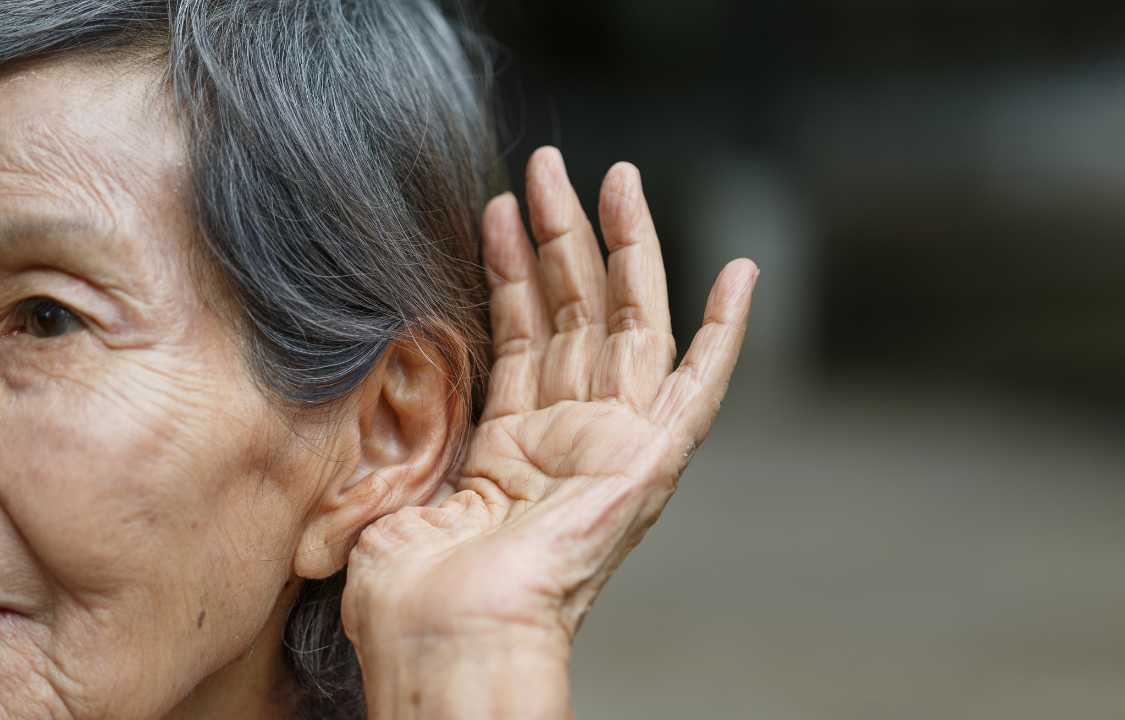Health Care, Insight
Older Adults With Hearing Loss May Experience More Fatigue
Studies have shown that individuals with untreated hearing loss often expend more mental energy straining to hear and understand conversations, which can lead to heightened feelings of exhaustion and fatigue. This added cognitive load can also affect overall cognitive function and may contribute to cognitive decline in the long term.
Moreover, the social isolation and reduced communication that often accompany hearing loss can lead to feelings of loneliness and depression, further exacerbating fatigue. Addressing hearing loss through interventions such as hearing aids not only improves communication but also has the potential to alleviate fatigue and enhance overall well-being.
Recognizing the link between hearing loss and fatigue underscores the importance of regular hearing assessments and appropriate interventions for individuals of all ages, ultimately promoting a healthier and more active lifestyle.
The research letter published in JAMA Otolaryngology—Head & Neck Surgery serves as a vital milestone in our understanding of the intricate relationship between hearing loss and fatigue. While the study didn’t conclusively establish a causative link, it did reveal a robust and significant association between the two phenomena.
These findings have substantial implications for healthcare professionals and researchers, emphasizing the need to explore the mechanisms underlying this connection further. It also underscores the importance of early detection and intervention for hearing impairment, not only for improving auditory function but potentially for enhancing overall quality of life by mitigating fatigue.
Continued research in this field may unveil novel strategies for managing fatigue and promoting well-being among individuals with hearing loss, ultimately improving their overall health outcomes and fostering a deeper appreciation for the significance of auditory health in our daily lives.
Kening Jiang, a PhD student at Johns Hopkins Bloomberg School of Public Health and the first author of the paper, emphasized that addressing hearing loss could potentially help in managing fatigue. However, Sarah Sydlowski, an audiologist at Cleveland Clinic, pointed out that the study demonstrated an association rather than causation. Further research is needed to explore the causal relationship between the two conditions.
Despite this, the study underscores the importance of seeking assistance if hearing loss is suspected. Hearing loss can impact various facets of one’s life, including communication, social interaction, and overall well-being.
The study drew on data from the National Health and Nutrition Examination Survey (NHANES), a long-running program by the Centers for Disease Control and Prevention. It involved analyzing responses from 3,031 participants aged 40 and above, collected between 2015 and 2018. Participants were asked about their levels of fatigue over the past two weeks.
The results revealed that individuals with hearing loss reported higher levels of fatigue. Over 10% of those with hearing loss experienced tiredness or low energy more than half the days, compared to just 7% of those without hearing loss. Additionally, 12.7% of people with hearing loss reported experiencing these symptoms nearly every day, while only 7.3% of those without hearing loss did.
It’s noteworthy that this association was observed across different demographic groups, although some differences existed among younger individuals, non-Hispanic white individuals, and females.
The study’s reliance on self-reported responses to a single question is indeed a limitation, as subjective data can be less precise than objective measurements. Nonetheless, the association between hearing loss and fatigue has long been a topic of interest in audiology. As Dr. Sydlowski pointed out, individuals with hearing loss frequently expend more cognitive effort to comprehend conversations, leaving them with diminished cognitive reserves for other tasks.
Furthermore, the stress associated with hearing loss plays a significant role in increased fatigue. The constant concern of missing critical auditory cues, such as alarms or approaching vehicles, can lead to heightened anxiety and mental exhaustion. The accumulation of these stressors can contribute substantially to overall fatigue levels, affecting not only mental but also physical well-being.
While the study’s methodology may have limitations, it serves as a crucial catalyst for further research. Future investigations might employ more objective measures to establish causation and delve deeper into the intricate interplay between hearing loss, cognitive load, stress, and fatigue. Understanding these relationships more comprehensively could guide the development of more effective interventions and support systems for individuals with hearing impairment, ultimately improving their quality of life.
While the study didn’t delve into the effects of hearing aids on fatigue, there is potential for hearing aids to alleviate fatigue associated with hearing loss. Properly fitted hearing devices can improve auditory clarity and reduce the cognitive load associated with struggling to hear.
Moreover, hearing loss can have far-reaching consequences beyond fatigue. It can lead to social isolation, communication difficulties, and even cognitive decline if left untreated. Therefore, individuals should prioritize their auditory health and consider hearing aids or other assistive devices when necessary.
Furthermore, workplaces and public spaces should implement better accommodations for individuals with hearing impairments. This includes providing hearing loop systems, closed captioning, and other accessibility features to ensure that those with hearing loss can fully participate in society.
In summary, while the link between hearing loss and fatigue warrants more investigation, it’s clear that early detection and management of hearing issues can have a significant positive impact on one’s overall well-being. It’s essential to address hearing loss proactively to enjoy a better quality of life and reduce potential associated challenges.

